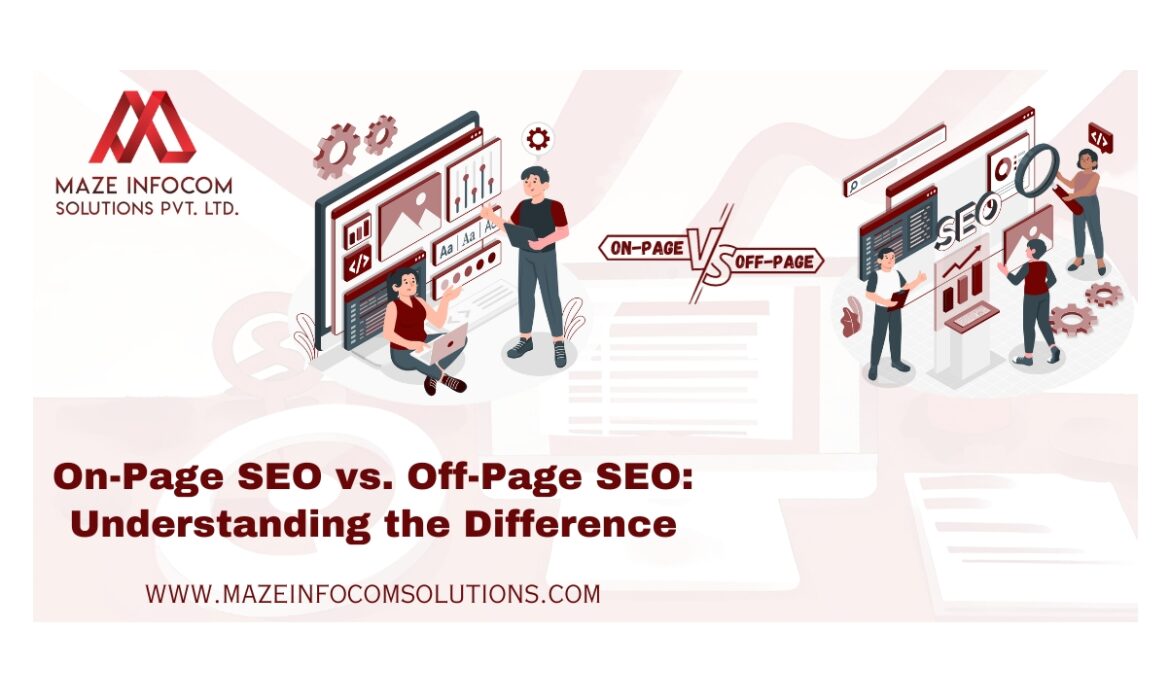xmtradingxmtradingxmtradingxmtradingsonbahis girişsonbahissonbahis güncelsweet bonanza oynasweet bonanza oynaaresbetaresbet girişkulisbetkulisbet girişteosbetteosbet girişatlasbetatlasbet girişsüratbetsüratbet girişcasinoroyalcasinoroyal girişenbetenbet girişhilbethilbet girişhiltonbethiltonbet girişyakabetyakabet girişcasibom güncel girişcasibomcasibom girişcasibom güncel girişcasibomcasibom girişcasibom güncel girişaresbetaresbet girişkulisbetkulisbet girişteosbetteosbet girişatlasbetatlasbet girişsüratbetsüratbet girişcasinoroyalcasinoroyal girişenbetenbet girişhilbethilbet girişhiltonbethiltonbet girişyakabetyakabet girişmeritkingmeritking girişmeritking güncel girişmeritkingkulisbetcasibomcasibom girişcasibom güncel girişXMTradingkulisbetkulisbet girişaresbetaresbet girişhiltonbethiltonbet giriştrendbettrendbet girişhilbethilbet girişteosbetteosbet girişatlasbetatlasbet girişsüratbetsüratbet girişwinxbetwinxbet girişyakabetyakabet girişmedusabahismedusabahis girişmedusabahisbetboxbetbox girişbetboxroketbetroketbet girişroketbetefesbetefesbet girişefesbetbetparibubetparibu girişbetparibuikimisliikimisli girişikimislinesinecasinonesinecasino girişnesinecasinoaresbetaresbet girişkulisbetkulisbet girişhiltonbethiltonbet giriştrendbettrendbet girişhilbethilbet girişteosbetteosbet girişatlasbetatlasbet girişsüratbetsüratbet girişwinxbetwinxbet girişyakabetyakabet girişaresbetaresbet girişkulisbetkulisbet giriştrendbettrendbet girişhiltonbethiltonbet girişhilbethilbet girişatlasbetatlasbet girişteosbetteosbet girişwinxbetwinxbet girişsüratbetsüratbet girişyakabetyakabet girişmedusabahismedusabahis girişteosbetteosbet girişmedusabahismedusabahis girişteosbetteosbet girişkulisbetkulisbet girişkulisbetkulisbet girişikimisliikimisli girişikimisliikimisli girişaresbetaresbet girişaresbetaresbet girişbetovisbetovislordbahislordbahiskalebetkalebetkulisbetkulisbetpadişahbetpadişahbetbetkolikbetkolikultrabetultrabetbahiscasinobahiscasinolordbahislordbahisultrabetultrabetgalabetgalabetmasterbettingmasterbettingyakabetyakabetrinabetrinabetwinxbetwinxbewinxbethiltonbet girişhiltonbethiltonbetteosbet girişteosbetteosbetcasinoroyal girişcasinoroyalcasinoroyalmedusabahis girişmedusabahismedusabahisloyalbahis girişloyalbahisloyalbahisatlasbet girişatlasbetatlasbetenbet girişenbetenbetsüratbet girişsüratbetsüratbethayalbahis girişhayalbahishayalbahistrendbettrendbet girişhiltonbethiltonbet girişkulisbetkulisbet girişaresbetaresbet girişhilbethilbet girişatlasbetatlasbet girişteosbetteosbet girişwinxbetwinxbet girişsüratbetsüratbet girişyakabetyakabet giriş
“For anyone venturing into the world of improving their website’s performance on search engines through search engine optimization, the terms ‘on-page SEO’ and ‘off-page SEO’ are likely to sound familiar. But what do these terms really mean, and how do they affect a website’s performance on search engines? In this blog post, we’ll delve into the distinctions between on-page SEO and off-page SEO in a way that’s easy to grasp.
Table of Contents
ToggleOn-Page SEO
Let’s kick things off with on-page SEO. Think of this as the set of actions you can take directly on your website to make it more appealing to search engines. Here’s a straightforward breakdown of what on-page SEO entails:
Keywords: On-page SEO begins with the selection and strategic use of keywords in your content. These keywords play a pivotal role in helping search engines understand the content of your web pages.
Quality Content: The quality of your content is paramount. Search engines favor high-quality content that’s informative, well-structured, and directly relevant to your target audience.
Titles and Descriptions: Crafting compelling titles and meta descriptions that incorporate your chosen keywords can increase the click-through rates from search results.
Headers: Headers act as signposts for both human readers and search engines. Using appropriate header tags, such as H1, H2, H3, can enhance the user-friendliness of your content.
Optimized Images: Effective image optimization involves giving meaningful names to your images and providing descriptive alternative text, which can positively influence how search engines perceive your site.
Internal Links: Internal links are essential for improving user navigation and enabling search engines to understand the structure of your site.
Page Speed: Ensuring your pages load swiftly enhances the user experience, a factor appreciated by search engines. Tools like Google PageSpeed Insights can help you evaluate and enhance your page loading speed.
Mobile-Friendly Design: With the increasing number of mobile users, having a responsive and mobile-friendly website is crucial for on-page SEO.
Off-Page SEO
On the flip side, off-page SEO is all about the activities taking place beyond your website. Here’s a simplified perspective of what off-page SEO encompasses:
Backlinks: Imagine backlinks as votes of confidence. When other websites link to yours, it can bolster your site’s credibility. The quality and relevance of these backlinks hold substantial significance.
Social Signals: Activities on social media, such as sharing, liking, and commenting on your content, can indirectly affect your search engine rankings.
Online Reputation: Your online reputation, including reviews and mentions, plays a role in how search engines perceive your site’s trustworthiness.
Link Building: This involves actively seeking backlinks from other websites through strategies like outreach and guest posting.
Guest Blogging: Contributing high-quality guest posts to well-regarded websites within your niche can assist in building backlinks and establishing authority.
Brand Mentions: Even when there’s no direct link, mentions of your brand on other websites can contribute to your site’s authority.
How On-Page and Off-Page SEO Collaborate
While on-page and off-page SEO focus on different aspects, they’re not mutually exclusive. In fact, they work together to enhance your website’s overall performance:
Content Quality: High-quality content is essential for both on-page and off-page SEO. It’s the magnet for attracting backlinks, social shares, and brand mentions.
Keyword Optimization: Proper keyword use aids search engines in understanding the relevance of your content, benefiting both on-page and off-page SEO.
Internal Links: Effective internal linking can transmit value from one page to another, indirectly boosting off-page SEO efforts.
Backlink Quality: Off-page SEO relies on backlinks, and the quality of these backlinks is determined by the relevance and quality of your on-page content.
User Experience: A seamless user experience, stemming from on-page SEO practices, can lead to longer user sessions and reduced bounce rates, which positively impact both on-page and off-page SEO.
Trust and Authority: Establishing trust and authority through high-quality content and an excellent user experience makes it easier to earn backlinks from reputable sources.
Evaluating Success
To gauge the effectiveness of your SEO efforts, it’s crucial to monitor key metrics for both on-page and off-page SEO:
On-Page Metrics:
Keyword rankings and organic traffic.
Click-through rates (CTR) from search results.
User dwell time and bounce rate.
Conversions and goal completions, such as form submissions or purchases.
Off-Page Metrics:
The number and quality of backlinks.
Engagement on social media, including shares and likes.
Brand mentions and citations.
Your online reputation and the reviews your business receives.
Bring to a close
In a nutshell, on-page SEO and off-page SEO are both essential components of a successful SEO strategy. While they each have their unique roles, they complement and reinforce each other to enhance your website’s visibility and search engine rankings. By understanding these distinctions and the collaborative nature of these two aspects, you can craft a comprehensive SEO strategy that drives organic traffic and strengthens your online presence.
Remember, SEO is an ongoing journey. Consistent efforts in both on-page and off-page optimization, coupled with adaptability to search engine algorithm changes, are key to maintaining a competitive edge in the world of online search.
Follow on LinkedIn

+91 70398 36821
info@mazeinfocomsolutions.com

G-27, Kohinoor City Mall, Kirol Road
Off L.B.S Marg, Kurla West, 400070.
About
We focus on the needs of small to middle market businesses to improve and grow their return.
Services
Quick Links
© 2020 — Maze Infocom Solutions. All Rights Reserved.


